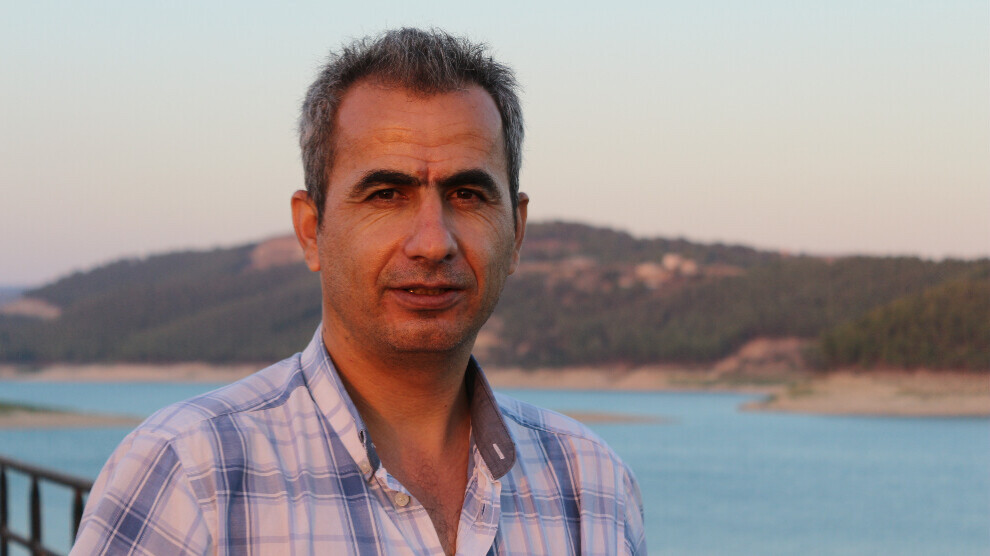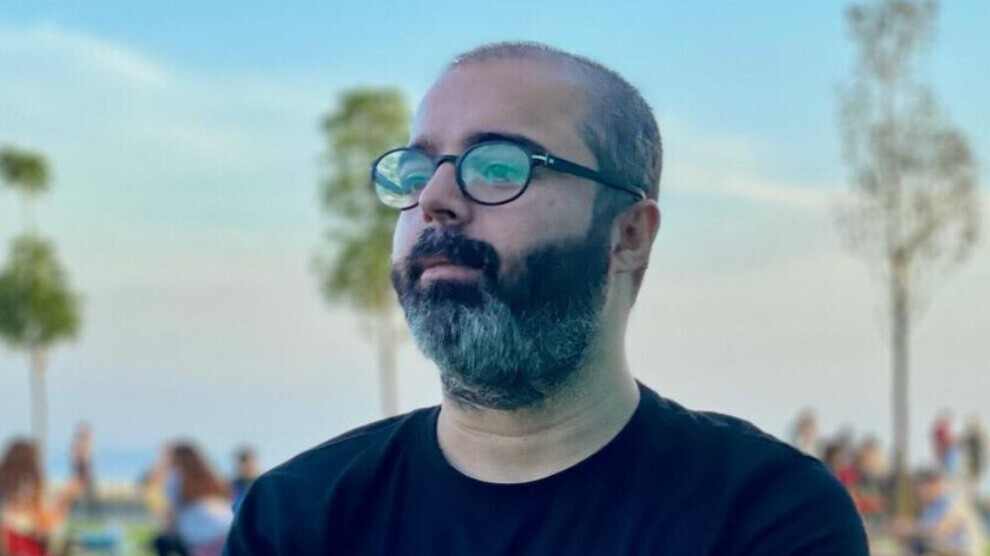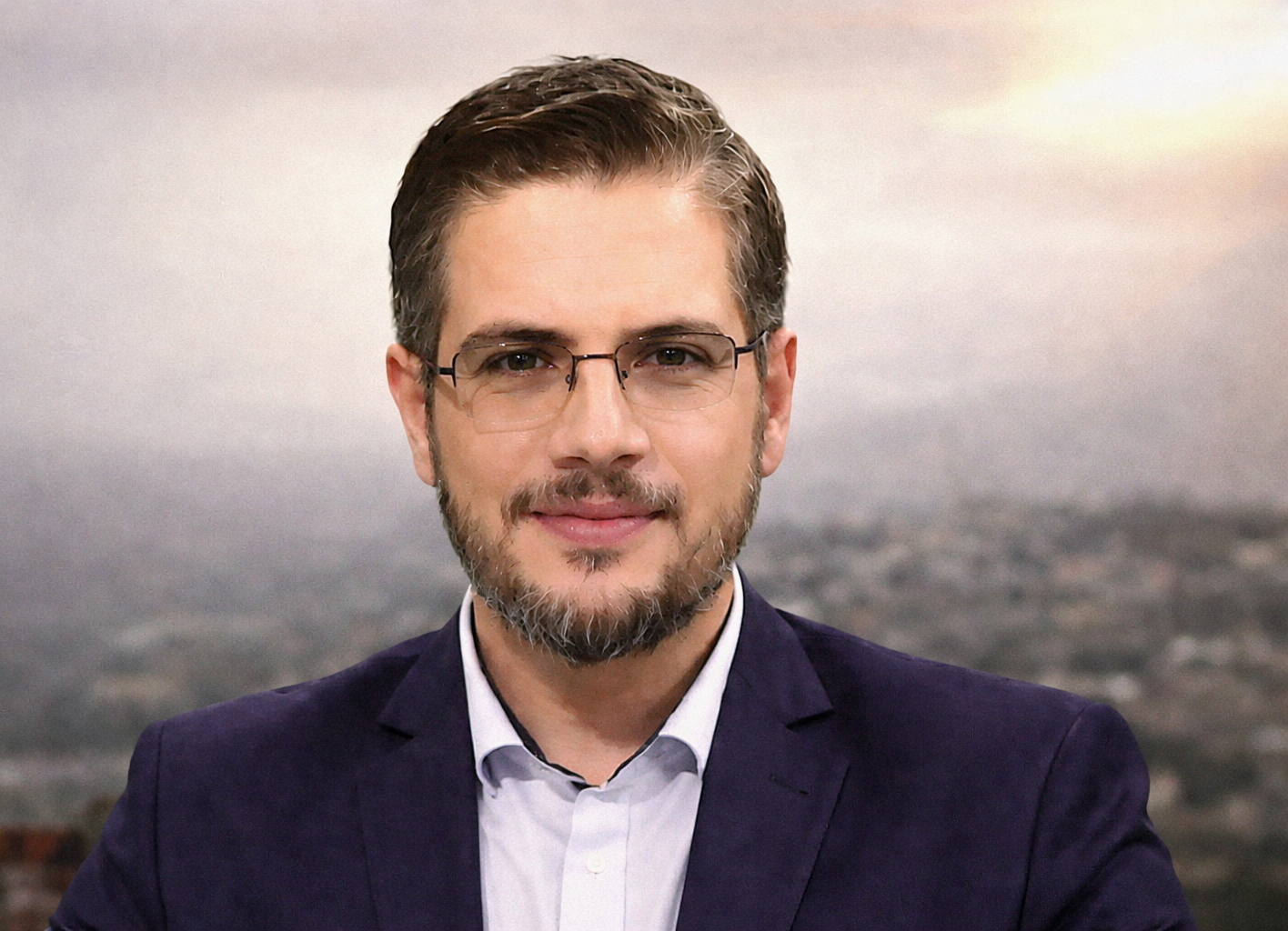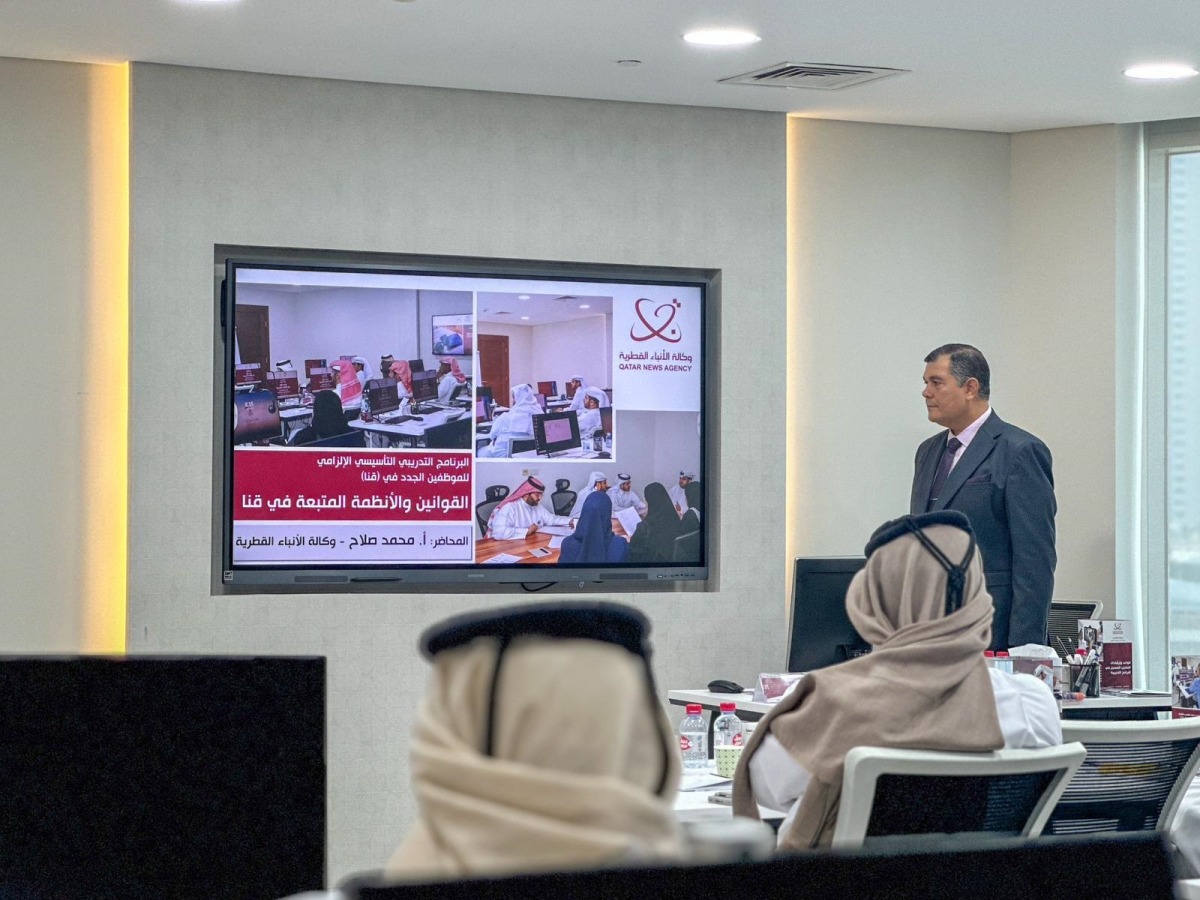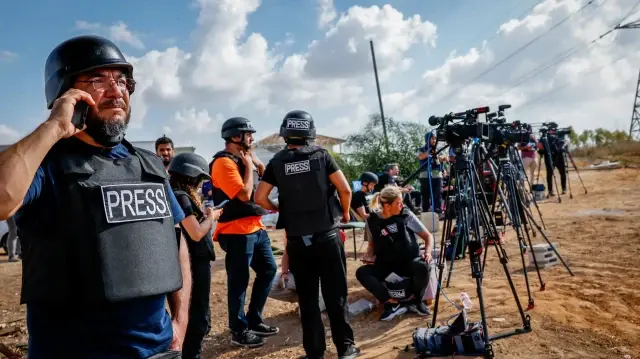Turkish journalist Ali Barış Kurt was imprisoned in Istanbul after the Court of Cassation upheld a prison sentence of two years and four months against him. The sentence stemmed from charges related to his social media activity and journalistic work, which Turkish authorities claimed violated anti-terrorism laws. Following his detention, Kurt was taken to the Bostancı District Security Directorate and then remanded in custody at Maltepe L Type Closed Prison No. 1.
Kurt’s imprisonment is part of a wider crackdown on press freedom in Turkey, a country where journalists routinely face legal persecution, harassment, and imprisonment for their reporting. The Human Rights Association (IHD) condemned the detention, stressing that it reflects a growing pattern of repression aimed at silencing critical voices in the media. According to IHD data, since December 2024, three journalists have been killed, 18 arrested, and 45 remain behind bars. These figures highlight the dangerous environment for journalists in Turkey, where the government frequently uses broadly defined anti-terrorism laws to target dissent and limit free expression.
The case of Ali Barış Kurt exemplifies the challenges independent journalists face in Turkey’s increasingly restrictive media landscape. Many journalists are charged with vague offenses related to terrorism or incitement, often based solely on their reporting or social media posts that criticize the government or cover sensitive topics. Such measures contribute to a climate of fear and self-censorship among media professionals, undermining democratic principles and citizens’ right to information.
International human rights organizations continue to call on the Turkish government to respect press freedom and the rights of journalists to report freely without fear of retaliation. They emphasize the need for Turkey to reform its legal system to protect journalists and journalists’ fundamental rights. Kurt’s imprisonment is a stark reminder of the urgent necessity to defend independent journalism and ensure accountability in countries where press freedoms are under threat.


